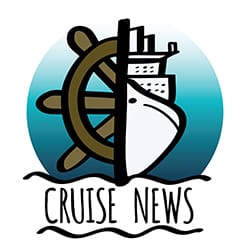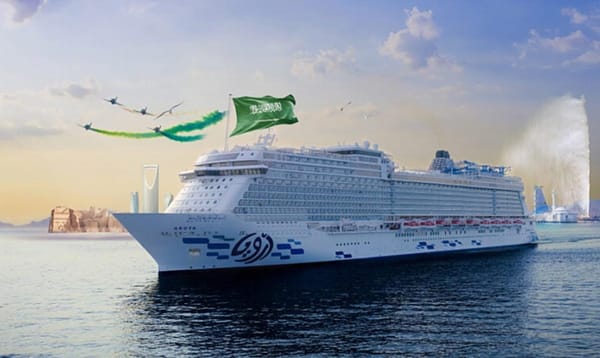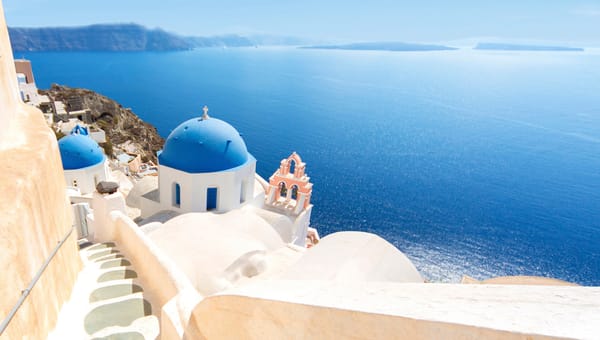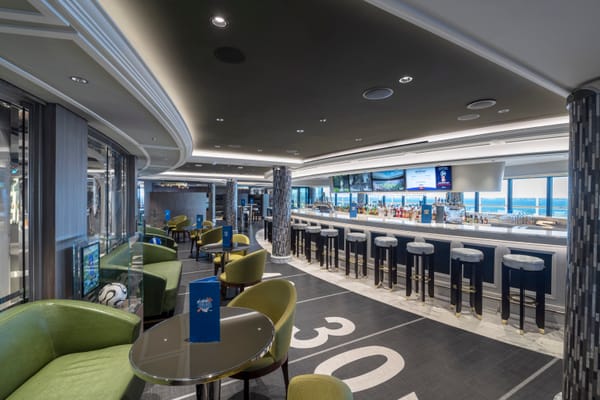Cruise Lines Expand Caribbean Private Islands, Weighing Profits and Ecology
As cruise lines transform Caribbean islands into exclusive retreats, the industry grapples with balancing guest luxury, environmental protection, and local economic benefits amid ongoing expansion.
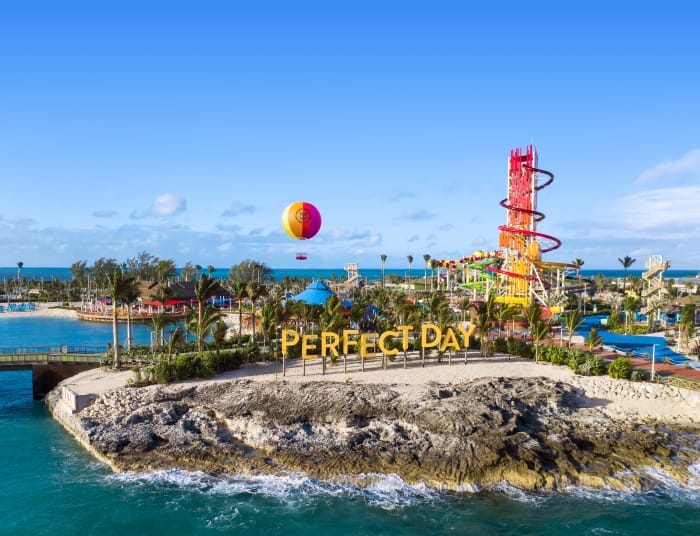
The Caribbean’s private island developments continue to reshape the cruise travel landscape, with major lines such as MSC Cruises, Royal Caribbean, Carnival Corporation, and Norwegian Cruise Line investing heavily in exclusive destinations tailored to their passengers. These projects offer controlled environments for relaxation, water activities, and themed events while also raising questions about ecological conservation and responsible tourism.
MSC Ocean Cay: From Industrial Site to Marine Reserve
Formerly a barren sand mining plot in the Bahamas, MSC Cruises’ Ocean Cay Marine Reserve has evolved into a 95-acre private island destination near Miami. Though reported investment figures vary (some estimating around $200 million and others citing as much as $500 million), the transformation required clearing debris, expanding beaches, laying modern walkways, and building a convenient pier for direct ship access. Officially opened in 2019, Ocean Cay now greets thousands of passengers year-round.
The island focuses on both guest experience and conservation. Seven separate beach areas cater to families and couples seeking waterfront cabanas, water sports, or tranquil relaxation. Nighttime events often include parties with music and dancing beneath the stars. Meanwhile, MSC has partnered with environmental organizations to replant coral and protect marine life. Its Marine Conservation Center hosts educational exhibits on local ecosystems, part of the broader vision to uplift ecological recovery.
“Ocean Cay represents our commitment to providing a world-class vacation while preserving natural habitats,” an MSC Cruises spokesperson said. “We believe our continued investment in sustainability and guest experiences will keep Ocean Cay a premier destination for our passengers.”
Royal Caribbean’s Perfect Day at CocoCay and Future Expansions
Perfect Day at CocoCay
Just 85 miles from Ocean Cay, Royal Caribbean’s Perfect Day at CocoCay has become a model for private island ventures. Unveiled in 2019 following a $350 million overhaul, the 130-acre site features the Caribbean’s largest waterpark, curated beaches, and an adults-only beach club. Buoyed by strong guest demand, the island has surpassed initial financial targets, with Royal Caribbean’s CFO Naftali Holtz citing above-forecast returns as evidence of the success.
Royal Beach Club
Building on CocoCay’s achievements, Royal Caribbean is investing further in Paradise Island near Nassau, Bahamas. The new Royal Beach Club, set to debut in December 2025, will offer pools, multiple dining and bar venues, and exclusive family beach areas. The project will feature an additional entry fee for select premium experiences, showcasing a continued commitment to creating upscale all-inclusive environments for cruise guests.
Norwegian Cruise Line’s Great Stirrup Cay
Norwegian Cruise Line pioneered private island cruising with its 270-acre Great Stirrup Cay. The line has recently enriched the experience through upgraded dining facilities, new walking trails, and a luxury retreat called Silver Cove. These renovations will continue with a scheduled expansion in late 2025, introducing a new pier capable of housing two ships at once. Norwegian aims to refine the disembarkation process and accommodate increased visitor numbers, reflecting the broader industry trend of expanding private getaway capacity.
Carnival’s Celebration Key on Grand Bahama Island
Carnival Corporation’s next major private destination, Celebration Key, is poised to open in July 2025. The $600 million project will serve as Carnival’s largest such venture, offering beach clubs, family lagoons, diverse dining options, and berths designed to welcome millions of passengers by 2028. Analysts anticipate pronounced economic returns alongside direct competition with Royal Caribbean’s Perfect Day at CocoCay.
Economic and Environmental Considerations
Cruise lines benefit financially from these controlled locales through direct revenue from excursions, food and beverage services, and branded merchandise. Local communities may also see a boost in job creation and regional tourism, as nearby ports, such as Nassau, welcome detours or additional shore visits. Yet sustainability remains a consistent point of scrutiny across the Caribbean. With fragile marine ecosystems at risk, operators like MSC have initiated coral rehabilitation programs and strive for eco-friendly infrastructure.
Balancing profitable operations with the need to preserve tropical habitats has proven central to each cruise line’s long-term vision. As competition intensifies among private island experiences, these destinations increasingly highlight environmental stewardship and cultural authenticity to match rising consumer expectations of responsible travel.
From once desolate sites like Ocean Cay to the bustling waterparks of CocoCay, private island projects demonstrate the industry’s capacity for both large-scale development and conservation efforts. As expansions continue, whether through Carnival’s Celebration Key or Norwegian’s forthcoming pier, private cruise destinations will likely remain focal points for innovation, economic growth, and debates over sustainability in maritime tourism.
Frequently Asked Questions (FAQs)
Why are cruise lines investing so heavily in private destinations?
These developments allow cruise operators to control the entire guest experience, from entertainment to dining. They also offer added revenue streams and strengthen each brand’s market position in an increasingly competitive industry.
What sets MSC Ocean Cay Marine Reserve apart from other private islands?
Ocean Cay stands out for its official marine reserve status, active coral restoration efforts, and the Marine Conservation Center. Guests can enjoy exclusive beaches while also learning about ecological preservation.
How does Royal Caribbean’s Perfect Day at CocoCay compare financially?
Perfect Day at CocoCay has exceeded the cruise line’s initial profitability targets. Enhanced attractions such as the largest waterpark in the Caribbean have driven strong demand and delivered above-forecast financial returns.
What can travelers expect from new developments like Carnival’s Celebration Key?
Carnival’s upcoming 600-million-dollar project in Grand Bahama Island will feature expansive beach clubs, family lagoons, multiple dining outlets, and berths built to accommodate millions of visitors by 2028, aiming to rival other leading private destinations in the region.
How are environmental concerns addressed at these private islands?
Sustainability measures vary, but many lines, including MSC Cruises, actively invest in coral restoration, eco-friendly infrastructure, and partnerships with conservation groups. These initiatives aim to reduce ecological impact while meeting guests’ desire for responsible tourism.
